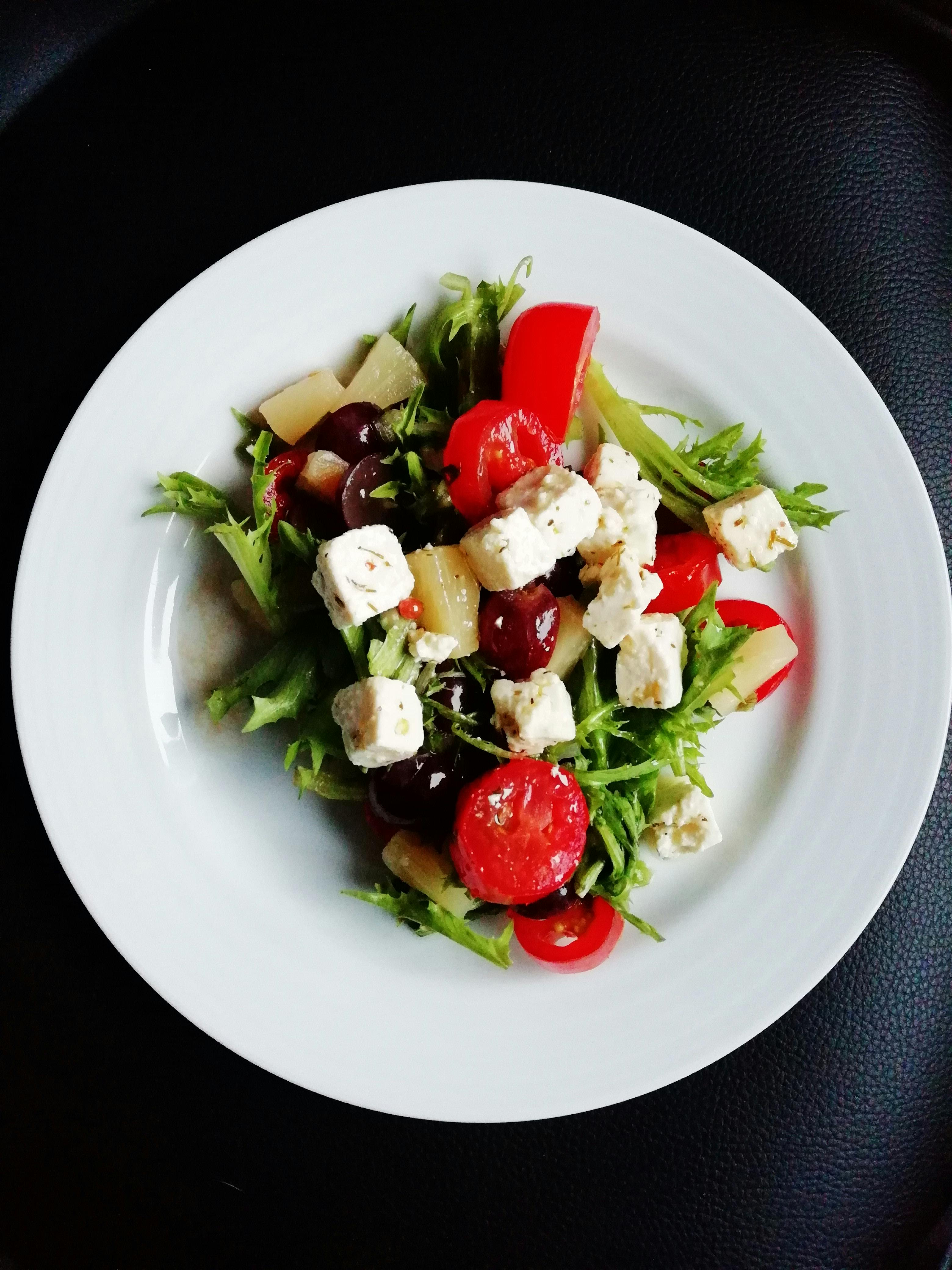Diet for Macula Degeneration

Age-related macular degeneration (AMD) is a leading cause of vision loss among older adults, and while genetics play a role, your diet can significantly influence your risk and progression of this condition. A nutrient-rich diet not only supports overall health but also helps protect the macula—the central part of the retina responsible for sharp, detailed vision. In this blog, we'll explore key dietary components, including the AREDS formulation, and suggest foods that can help support macular health.
Understanding AREDS and Its Role in Eye Health
The Age-Related Eye Disease Study (AREDS) was a pivotal clinical trial that identified specific nutrients that can reduce the risk of progression of AMD in individuals already diagnosed with the condition. The AREDS formulation consists of:
- Vitamin C: An antioxidant that helps protect the eyes from oxidative stress.
- Vitamin E: Another antioxidant that may protect retinal cells from damage.
- Beta-Carotene: A precursor to vitamin A, important for overall eye health.
- Zinc: Vital for retinal health and may help slow the progression of AMD.
- Copper: Added to prevent copper deficiency due to high zinc intake.
For those with specific genetic risks or diagnosed AMD, incorporating the AREDS formulation through supplements can be beneficial. However, it's essential to complement these supplements with a healthy diet rich in specific nutrients.
Key Nutrients for Macular Health
1. Lutein and Zeaxanthin
These carotenoids are found in high concentrations in the macula and help filter harmful blue light while providing antioxidant protection.
Sources:
- Leafy greens: Spinach, kale, and collard greens
- Other vegetables: Peas and corn
- Egg yolks
2. Omega-3 Fatty Acids
Omega-3s support retinal health and may help reduce the risk of AMD progression. They are essential for maintaining cell structure and function in the eye.
Sources:
- Fatty fish: Salmon, mackerel, sardines
- Flaxseeds and chia seeds
- Walnuts
3. Vitamin C
As a powerful antioxidant, vitamin C helps protect the retina from oxidative stress and supports overall eye health.
Sources:
- Citrus fruits: Oranges, grapefruits, and lemons
- Berries: Strawberries and blueberries
- Vegetables: Bell peppers and broccoli
4. Zinc
Zinc is essential for maintaining healthy retina function and may slow the progression of AMD.
Sources:
- Oysters
- Red meat and poultry
- Beans and nuts
5. Vitamin E
Vitamin E supports eye health by acting as an antioxidant and protecting the eye cells from damage.
Sources:
- Nuts and seeds: Almonds and sunflower seeds
- Green leafy vegetables
Sample Diet for Macular Degeneration
To support your eye health, consider incorporating the following foods into your daily diet:
Breakfast
- Smoothie: Blend spinach, banana, and blueberries with a scoop of flaxseed for added omega-3s.
- Whole Grain Toast: Top with avocado and a poached egg (for lutein and zeaxanthin).
Lunch
- Salad: Toss together mixed greens, cherry tomatoes, bell peppers, and a handful of walnuts. Drizzle with olive oil and lemon juice for added flavor and nutrients.
- Grilled Salmon: Serve with a side of quinoa and steamed broccoli.
Snack
- Carrot Sticks: Pair with hummus for a satisfying, nutrient-rich snack.
- Almonds: A small handful provides a good source of vitamin E.
Dinner
- Stir-Fried Vegetables: Use kale, peas, and bell peppers sautéed with garlic and olive oil. Serve over brown rice or whole grain pasta.
- Chicken or Tofu: Marinate and grill for lean protein.
Dessert
- Berries: Enjoy a bowl of mixed berries topped with a dollop of Greek yogurt for added probiotics.
Conclusion
A nutrient-dense diet plays a vital role in managing and potentially slowing the progression of age-related macular degeneration. By incorporating key nutrients such as those found in the AREDS formulation—along with antioxidants, omega-3 fatty acids, and vitamins—you can support your macular health and overall well-being.
Always consult with your healthcare provider before starting any new supplement regimen, and consider working with a nutritionist for personalized dietary recommendations. Your vision matters, and a proactive approach to your diet can make a significant difference!
If you have concerns about your eye health or would like to schedule an eye examination, contact us today. Let’s work together to protect your vision!
